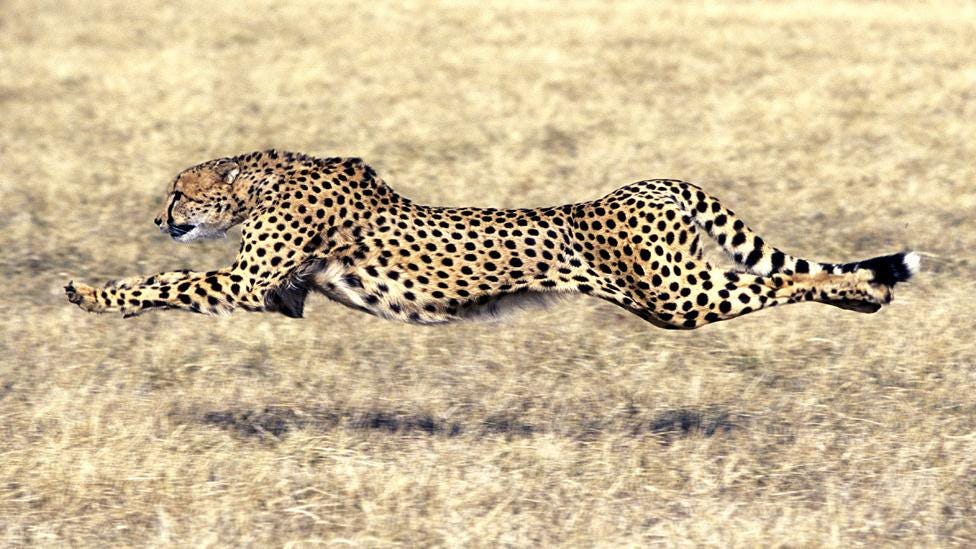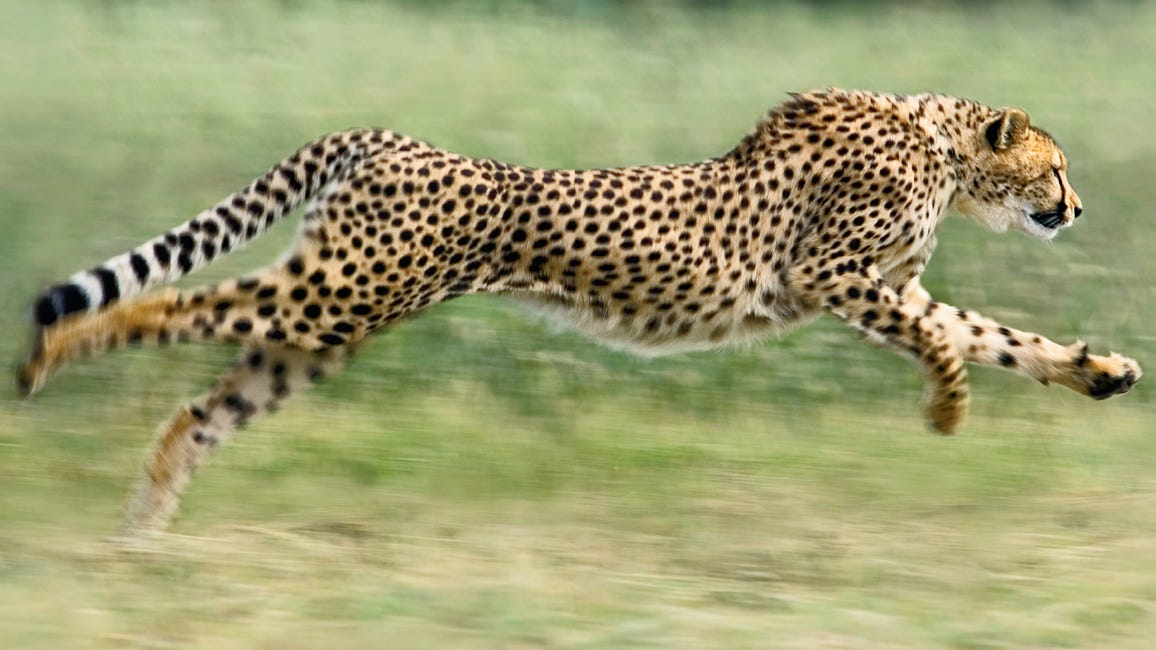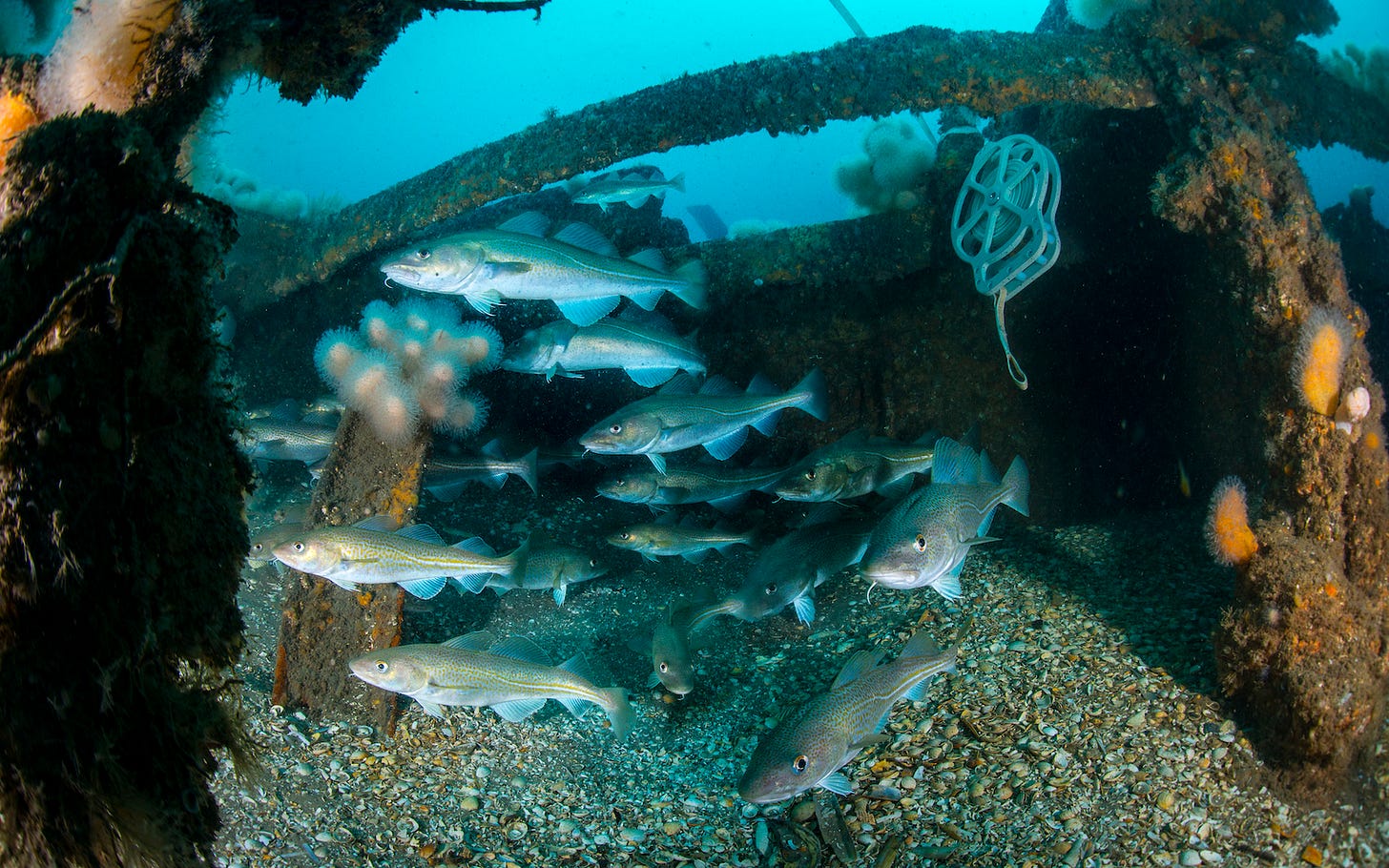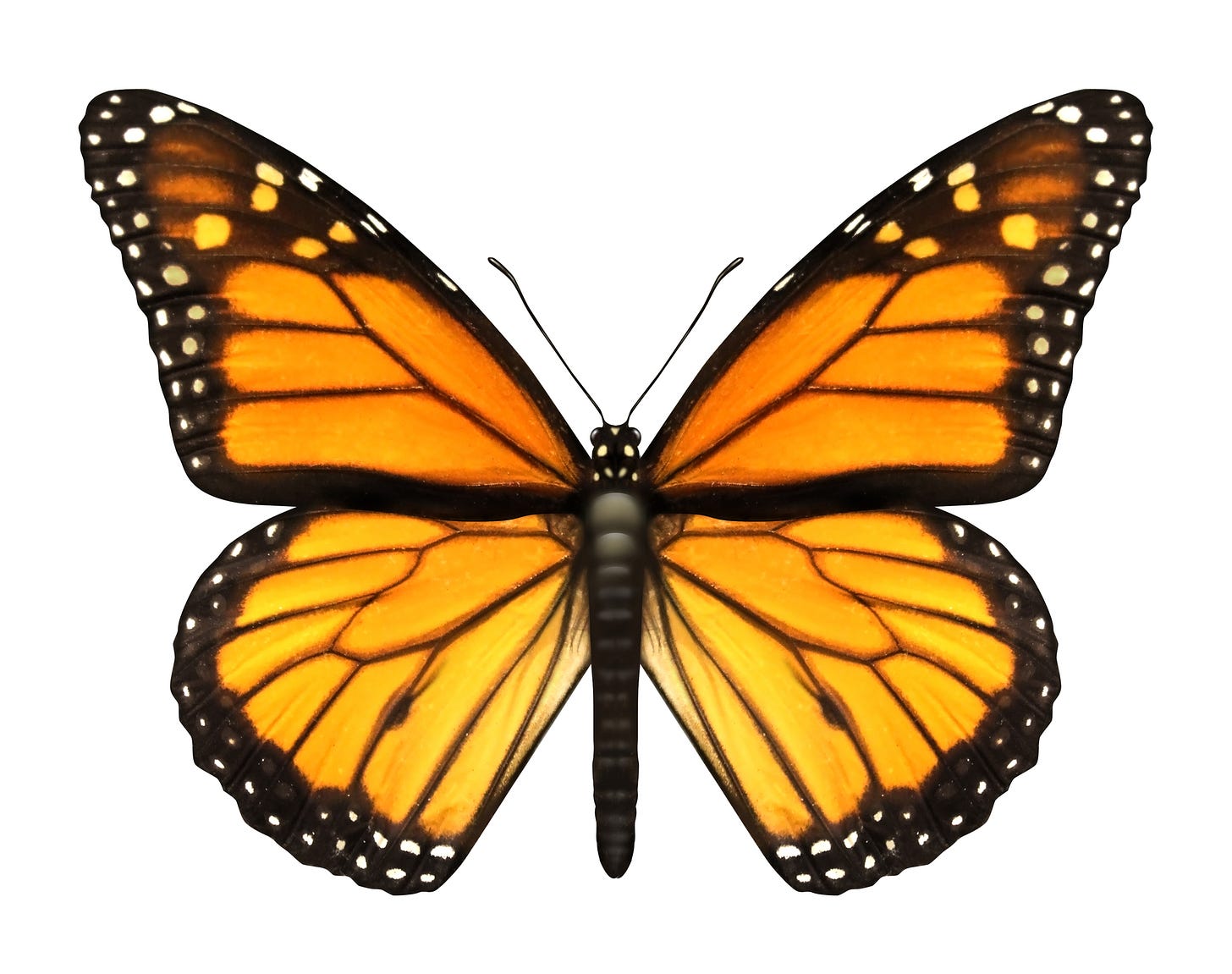News of interest from my recent reading and researching during the month …
Thank you to all new subscribers.
And thanks to all for reading the monthly news recap!
The Cheetah Conservation Fund’s Dr. Laurie Marker on Tour in U.S.
As the global leader in cheetah research and conservation, the Cheetah Conservation Fund (CCF) is dedicated to saving cheetahs in the wild and has created integrated conservation programs to address threats to the cheetah and its ecosystem.
Founded in 1990 by conservation scientist Dr. Laurie Marker, one of the world’s leading cheetah experts, CCF has done essential work in cheetah biology, ecology, conservation and integrated livestock, wildlife and rangeland management techniques to mitigate conflict and issues surrounding the illegal pet trade.
Dr. Marker is currently on a speaking tour and will be at engagements throughout the U.S. If you are in Aspen, Columbus (Ohio), Denver, Kansas City, Manhattan (Kan.), Minneapolis, Phoenix, Royal Oaks (Mich.), Santa Cruz (Calif.), Springfield (Mo.) or Washington, D.C., please consider attending an event to hear Dr. Marker and learn about her 35 years of work with cheetah conservation.
More information about the speaking schedule for world-renowned conservationist Dr. Marker is here.
CCF does great work; I’ve attended two of Dr. Marker’s presentations – well worth the time. You’ll become a cheetah supporter, if you’re not already!
FACTOID
The cheetah is Earth’s fastest land mammal, capable of running up to 70 mph.
Rewilding Program Planned for North Sea
Dogger Bank in the North Sea was a large sand mass during the last Ice Age connecting mainland Europe and the British Isles. Degraded over centuries, the area that’s become a wildlife haven for creatures who make their homes in sandy sediment will be getting an ecological restoration over the next three years via the Rewilding Dogger Bank program.
The area, which includes Danish, Dutch, German and UK waters, serves as a nursery for sharks, rays, herring and cod and is a rich feeding ground for whales, seals and seabirds.
Read the full story on the restoration plans, legal protections and marine life advocacy for Dogger Bank here.
Greenland Sharks Can Live for 400 Years
Believed to be the longest-living vertebrates on Earth, Greenland sharks, found in the north Atlantic and Arctic oceans, may live as long as 400 years.
Japanese researchers sequencing the genome of the Greenland shark found genes that might help explain why the animals don’t often get cancer. Better understanding the Greenland shark’s genetics may contribute to a better understanding of the possibilities on healthy aging for humans.
Read the story here.
Animal Organizations Ask Footballers to Condemn Morocco Dog Slaughter in Advance of World Cup 2030
The International Animal Welfare and Protection Coalition (IAWPC), a collective of global animal organizations, including PETA, the RSPCA and Dogs Trust, is calling for sports stars and teams to speak out over the likely killing of 3 million dogs to make way for the Morocco World Cup 2030, which the government of Morocco is denying.
Read more here.
Sign a petition here to the Prime Minster of Morocco asking for an end to the inhumane, indiscriminate, ineffective, horrific and violent killing of dogs on the streets and beaches of Morocco.
More articles of interest
The Demise of the Northwest Forest Plan – The Wildlife News
A look at the status of a plan that includes Washington, Oregon and California.
Lords of the Untamed Wild
Should We Give Birth Control to Wild Animals? – Noema, published by the Berggruen Institute
“Wildlife fertility control represents a bold shift in conservation thinking.”
Why We Should Herbivorise Predators
Stijn Bruers, the rational ethicist
Billed as the first academic paper on turning predators into herbivores.
Note: I came across this piece on X. It struck me as both preposterous and as overreach. I’d be interested in your thoughts!
Maria Fotopoulos writes about the connection between overpopulation and biodiversity loss, and occasionally other topics that confound her.
Buy a wildlife tee shirt for yourself and order some for a few friends!
You’ll be helping to support my wildlife writing!
Shop here! $15.95, excluding tax.
Thanks for your support!
I’m always up for a cup of coffee!
Celebrate Earth Day by Planting Milkweed for the Monarch Butterflies
Monarch butterflies continue to drop in numbers. Milkweed is the monarch butterfly’s only source of sustenance, and milkweed plants also continue disappearing across the U.S.
What can you do? Learn more here, here and here, plant milkweed, donate seeds to schools that have gardening programs, get involved and encourage city and state plantings in monarch corridors.
















outstanding writing by MS. Fotopoulos---interesting and informative